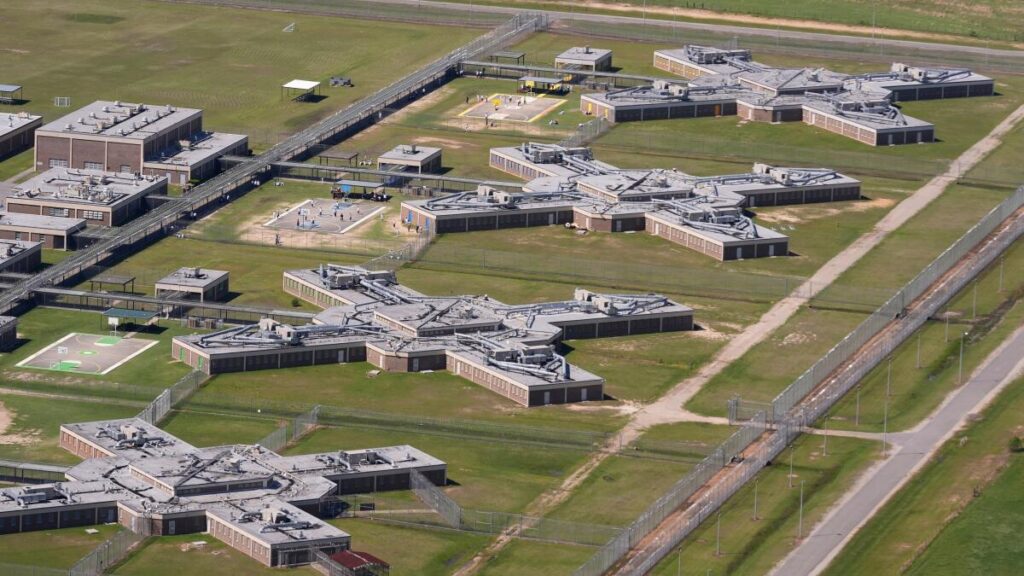The U.S. House of Representatives narrowly approved a multi-trillion-dollar government spending bill on Tuesday, handing President Donald Trump a significant legislative win as he advances his 2025 agenda.
The bill passed in a 217-215 vote after Speaker Mike Johnson faced delays due to wavering support within his party. The legislation, which includes $4.5 trillion in tax cuts, expanded immigration enforcement, and increased military funding, exposed deep divisions among Republicans over fiscal discipline.
While Democrats unanimously opposed the bill, only one Republican, Rep. Thomas Massie of Kentucky, voted against it, arguing that the spending cuts did not go far enough. One Democratic member was absent.
The bill aims to offset tax reductions with $2 trillion in spending cuts over the next decade while extending Trump-era tax breaks set to expire by year’s end. Still, some GOP lawmakers initially resisted the bill, demanding stricter budget reductions.
House leaders, including Speaker Johnson and Majority Leader Steve Scalise, engaged in last-minute negotiations to secure votes. Trump personally reached out to hesitant lawmakers, urging them to support the measure. “Trump helped us with a number of members,” Scalise said after the vote.
Key undecided Republicans—Reps. Tim Burchett, Victoria Spartz, and Warren Davidson—ultimately backed the legislation, securing its passage.
“We have a lot of hard work ahead, but we are going to deliver on the America First agenda,” Johnson declared after the vote.
Democrats slammed the budget, arguing it favors the wealthy while slashing funding for social programs like Medicaid. Some lawmakers went to great lengths to cast their votes, including Rep. Brittany Petterson, who attended while on maternity leave.
The bill now heads to the Senate, where a competing spending plan is under debate. Lawmakers must reconcile both versions before sending a final package to Trump for approval.
With Trump’s backing, Senate Republicans face mounting pressure to align with the House’s framework, but intense negotiations over spending cuts, tax policies, and funding allocations are expected in the coming weeks.


























